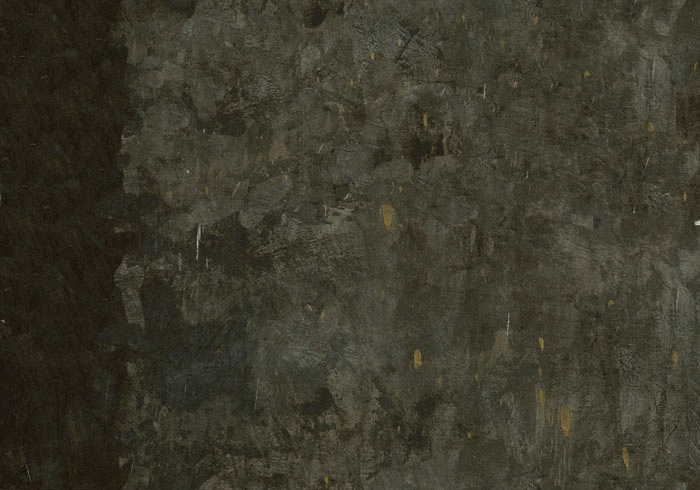Meeting a Revolutionary
The first time I heard Fred Hampton speak was in August 1969. He was the Chairman of the Illinois Black Panther Party and I was at the People’s Church in the heart of Chicago’s Black West Side. I was two years out of law school and it was two days after my law partners had obtained Fred’s release from Menard Prison. The sanctuary of the Church was filled to capacity with rows of wooden pews going back into dimly lit corners. It was warm inside.
My partner Flint Taylor and I found an opening in a row about half way back. After a few minutes, things quieted down. There was a hush. A moment later Fred emerged from the side and strode to the pulpit. Everyone stood up and clapped. The walls shook with the thunder of three hundred voices chanting “Free Fred Hampton.” Unlike other Panther events, Fred was not surrounded by Panthers in leather jackets and black berets. He stood alone, dressed in a button down shirt with a pullover sweater. He was twenty years old with smooth youthful skin, and a boyish smile. He had grown a little goatee in prison and wore a medium length Afro.
Fred Hampton held the microphone in his right hand and looked out at the crowd.
“I’m free,” he began in a loud voice. Then repeated it.
People shouted their approval.
His voice got softer. “I went down to the prison in Menard, thinking we were the vanguard, but down there I got down on my knees and listened and learned from the people. I went down to the valley and picked up the beat of the people.” A drumbeat started and everyone clapped to the rhythm. Fred chanted, a cross between a Baptist preacher and Sly and the Family Stone. “I’m high.” Making each “high” into a two-syllable word, he sang, “I’m high… ee, I’m high…ee off the people,” and then chanted the words again. It was impossible for me not to join in and soon I clapped and stomped with everyone else.
When the refrain was over, Fred repeated the most common Panther slogan, “Power to the People” but added his own variation, “White Power to white people, Brown Power to brown people, Yellow Power to yellow people, Black Power to Black people, X power to those we left out and Panther Power to the Vanguard Party.” After a volley of “Right-Ons,” Fred said:
If you ever think about me and you ain’t gonna do no revolutionary act, forget about me. I don’t want myself on your mind if you’re not going to work for the people. If you’re asked to make a commitment at the age of twenty, and you say I don’t want to make a commitment at the age of twenty, only because of the reason that I’m too young to die, I want to live a little longer, then you’re dead already. You have to understand that people have to pay a price for peace. If you dare to struggle, you dare to win. If you dare not struggle then damn it, you don’t deserve to win. Let me say peace to you if you're willing to fight for it.
Later, Fred asked the audience to stand up. We did. He then told everyone to raise his right hand and repeat “I am” and we responded, “I am.” He then said “a revolutionary” and some in the audience repeated “a revolutionary.” I considered myself a lawyer for the movement, but not necessarily of the movement. The word “revolutionary” stuck in my throat. Again Fred repeated “I am” and the audience responded in kind. This time when he said “a revolutionary,” the response was louder. By the third or fourth time I hesitantly joined in and by the seventh or eighth time I was shouting as loudly and enthusiastically as everyone else, “I am…a revolutionary!” It was a threshold to which Fred took me and countless others. I felt mysteriously but palpably my level of commitment rising.
Fred was speaking in a quieter voice:
I believe I was born not to die in a car wreck or slipping on a piece of ice, or of a bad heart, but I’m going to be able to die doing the things I was born for. I believe I’m going to die high off the people. I believe that I’m going to be able to die as a revolutionary in the international proletarian struggle. And I hope that each of you will be able to die in the international revolutionary proletarian struggle or you’ll be able to live in it. And I think that struggle’s going to come. Why don’t you live for the people? Why don’t you struggle for the people? Why don’t you die for the people?
Fred finished. Everyone stood and applauded again, unaware of the truth of his prophecy. We chanted “Free Fred Hampton,” and the church reverberated with the clapping and stamping of feet.
* * * *
It was cold in the tiny, windowless interview room at the Wood Street Police Station. I looked across the wooden table at the large-boned woman with a short Afro who was shaking and sobbing. Deborah Johnson’s patterned nightgown protruded from her belly revealing her pregnancy.
“Fred never really woke up,” she said. “He was lying there when they pulled me out of the bedroom.” She paused.
“And then?” I asked.
“Two pigs went back into the bedroom. One of them said, ‘He’s barely alive, he’ll barely make it.’ I heard two shots. Then I heard, ‘He’s good and dead now!’”
Fred’s fiancé looked at me with sad, swollen eyes. “What can you do?” I couldn’t think of any reply. I couldn’t bring Fred back to life.



